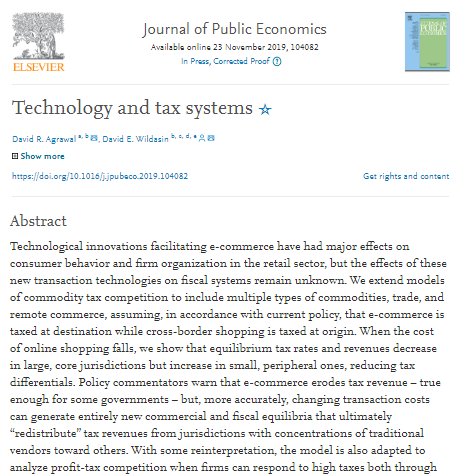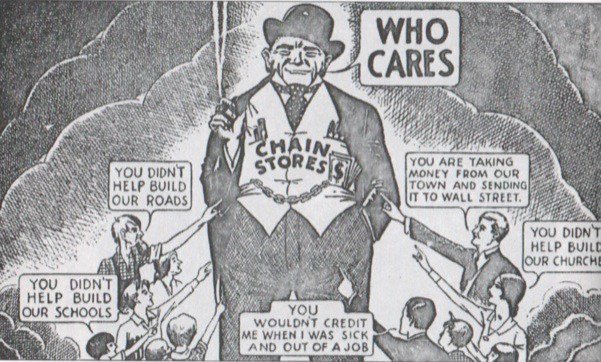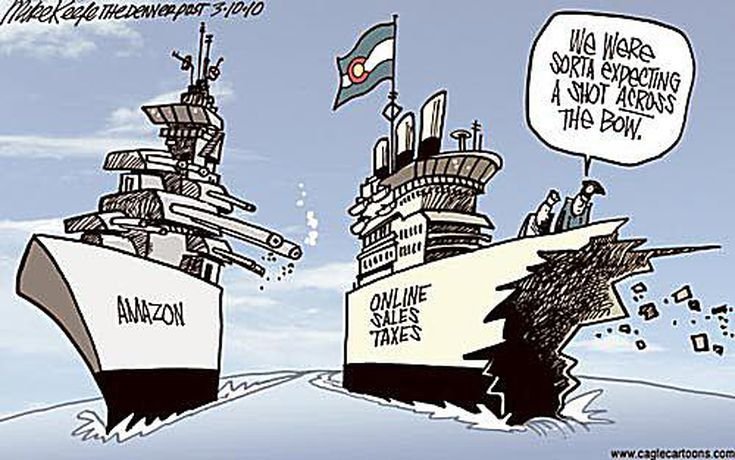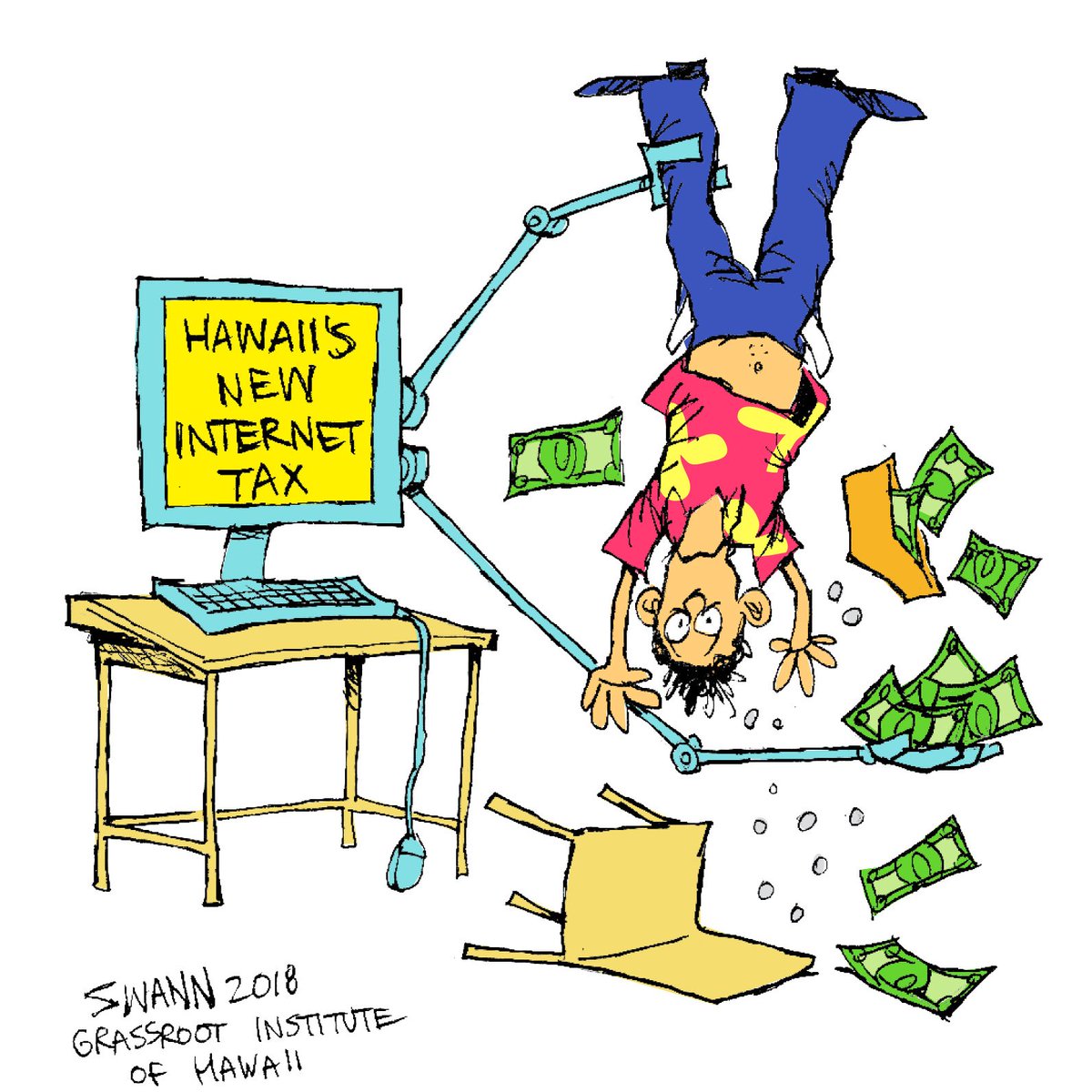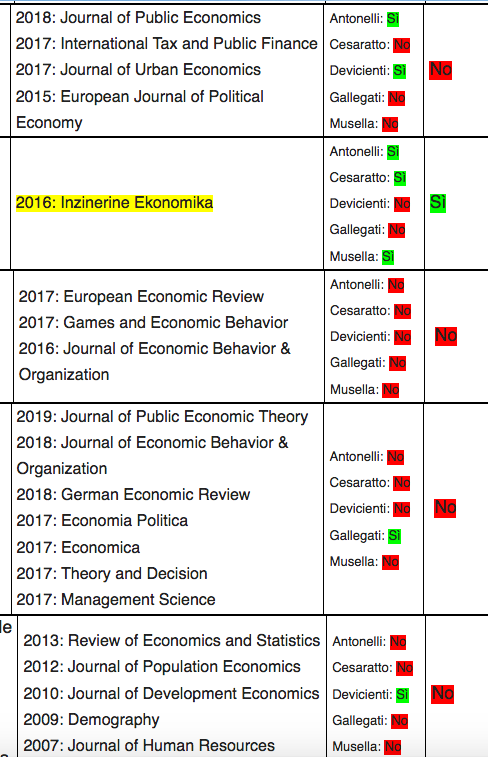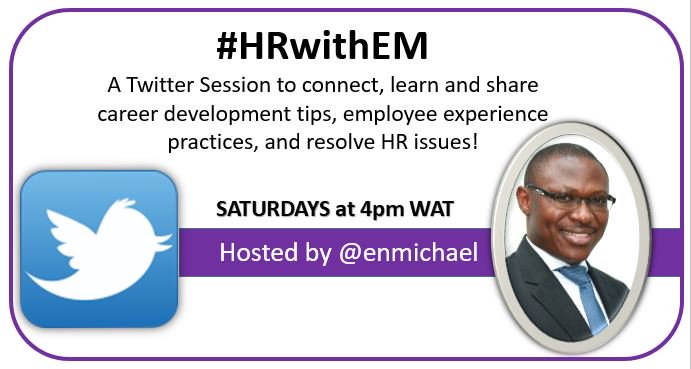1.Reduce transaction costs that increase mobility of the base (globalization, transportation networks)
2.Shift some of the tax base to more easily monitored transactions (computer auditing, electronic reporting)
5/N
6/N
2.Given recent institutional reforms, the internet allows governments to monitor and tax purchases made by their residents from remote vendors
7/N
8/N
-Initially standard tax competition model where goods are initially taxed where vendors are located.
-In this standard model: all jurisdictions – both large and small – lower their tax rates as the cost of cross-border shopping falls.
9/N
a. Allow for local or regional specializations in the availability of heterogeneous commodities (such as shopping malls).
b. Allow some goods to be able to be purchased online.
The relative cost of cross-border shopping and e-commerce is critical.
10/N
11/N
With important implications for tech change more generally on other tax instruments….
12/N
13/N
14/N
15/N
16/N
17/N
18/N
19/N
20/N
sciencedirect.com/science/articl…
Email for an ungated copy.
21/N
22/end

